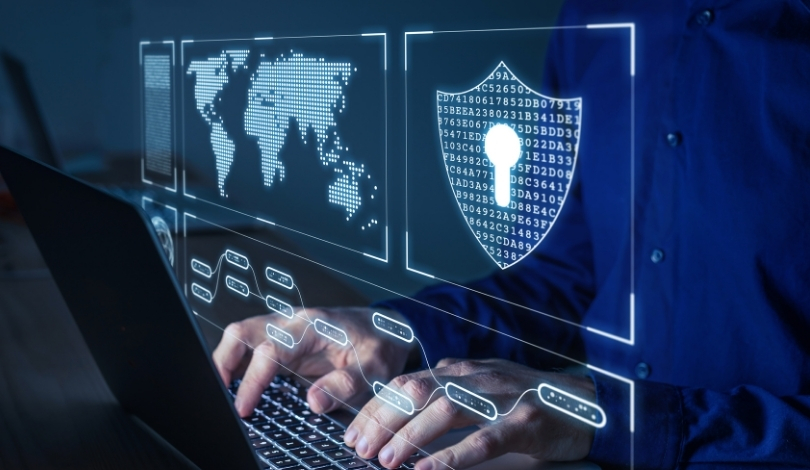Recent discussions at the Mandiant Worldwide Information Security Exchange (mWISE) highlight a significant shift in corporate boardrooms regarding cybersecurity. Kevin Mandia, founder of Mandiant and strategic adviser at Google Cloud, pointed out that the increasing frequency of cyberattacks has prompted executives to prioritize the integration of strong security protocols into their business strategies. He noted that this reassessment comes in light of substantial recovery costs associated with breaches.
Why Are Boards Increasingly Concerned About Cybersecurity?
Mandia emphasized that company boards are now more engaged in cybersecurity than in previous years. He mentioned that executives often feel the pressure from industry peers and media headlines about high-profile breaches. “Boards and executives are way more interested in cybersecurity today than ever before,” he stated, indicating a growing awareness of legislative compliance and the need for robust security strategies.
How Should Companies Assess Their Cyber Readiness?
Mandia reported that executives frequently ask him to evaluate their cybersecurity postures against competitors. He illustrated this with examples from various industries, such as Lockheed Martin and Boeing or McDonald’s and Burger King. This competitive benchmarking leads to a focus on risk frameworks that are already familiar to boards from a financial management perspective, allowing companies to identify critical vulnerabilities and prioritize defensive measures accordingly.
What Indicators Show a Strong CISO?
Identifying a competent Chief Information Security Officer (CISO) remains a challenge for many boards. Mandia suggested that a key indicator is the presence of a “security mindset,” focusing on proactive planning rather than merely responding to threats. He encouraged executives to seek leaders who are constantly evaluating potential weaknesses and are ready to act in the event of a security incident.
Comparative insights reveal that executives are increasingly aware of the need for coordinated response strategies following cyber incidents. Surveys from previous years indicate a rising trend in companies adopting incident response plans and tabletop exercises, supporting Mandia’s perspective. The focus has particularly shifted towards multi-departmental involvement in managing cybersecurity, recognizing that preparedness extends beyond the IT department alone.
Concerns about the implications of cyber incidents continue to mount among corporate leaders. In light of alarming statistics about numerous attacks, Mandia encourages implementing tabletop exercises to simulate crises, thereby helping teams understand operational vulnerabilities without the risks associated with real incidents. He advocates for regular practice sessions involving various stakeholders to enhance coordination and communication in times of crisis.










